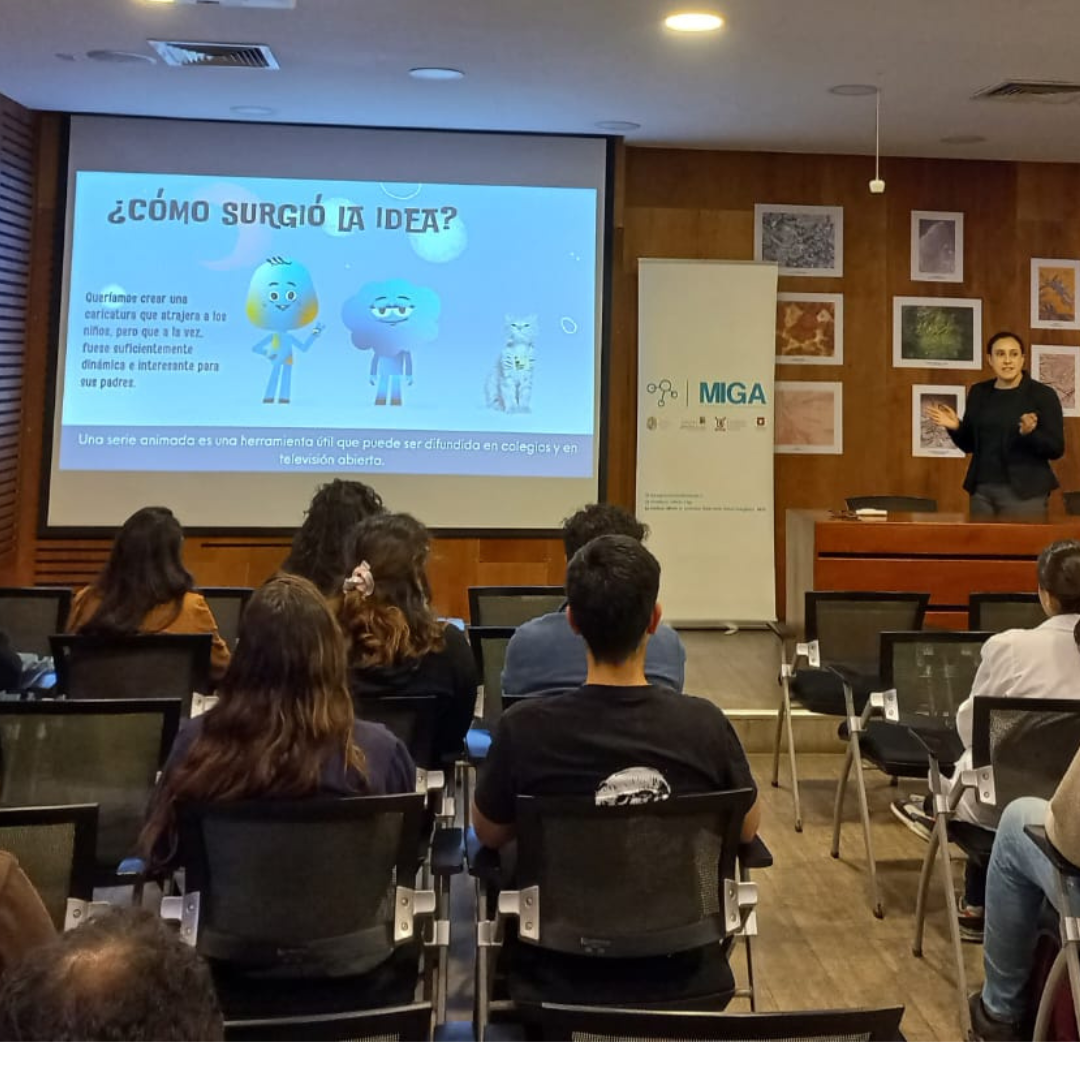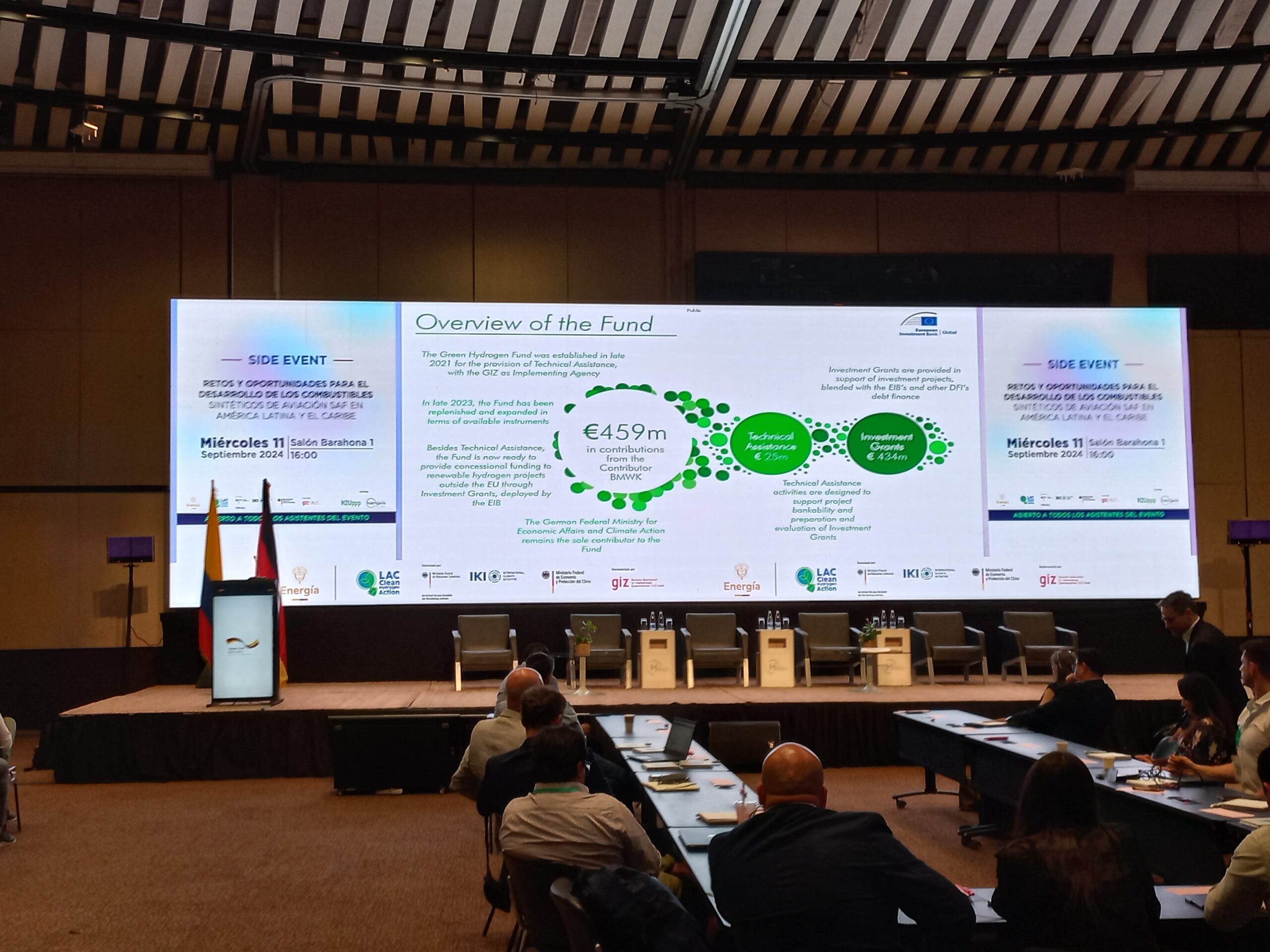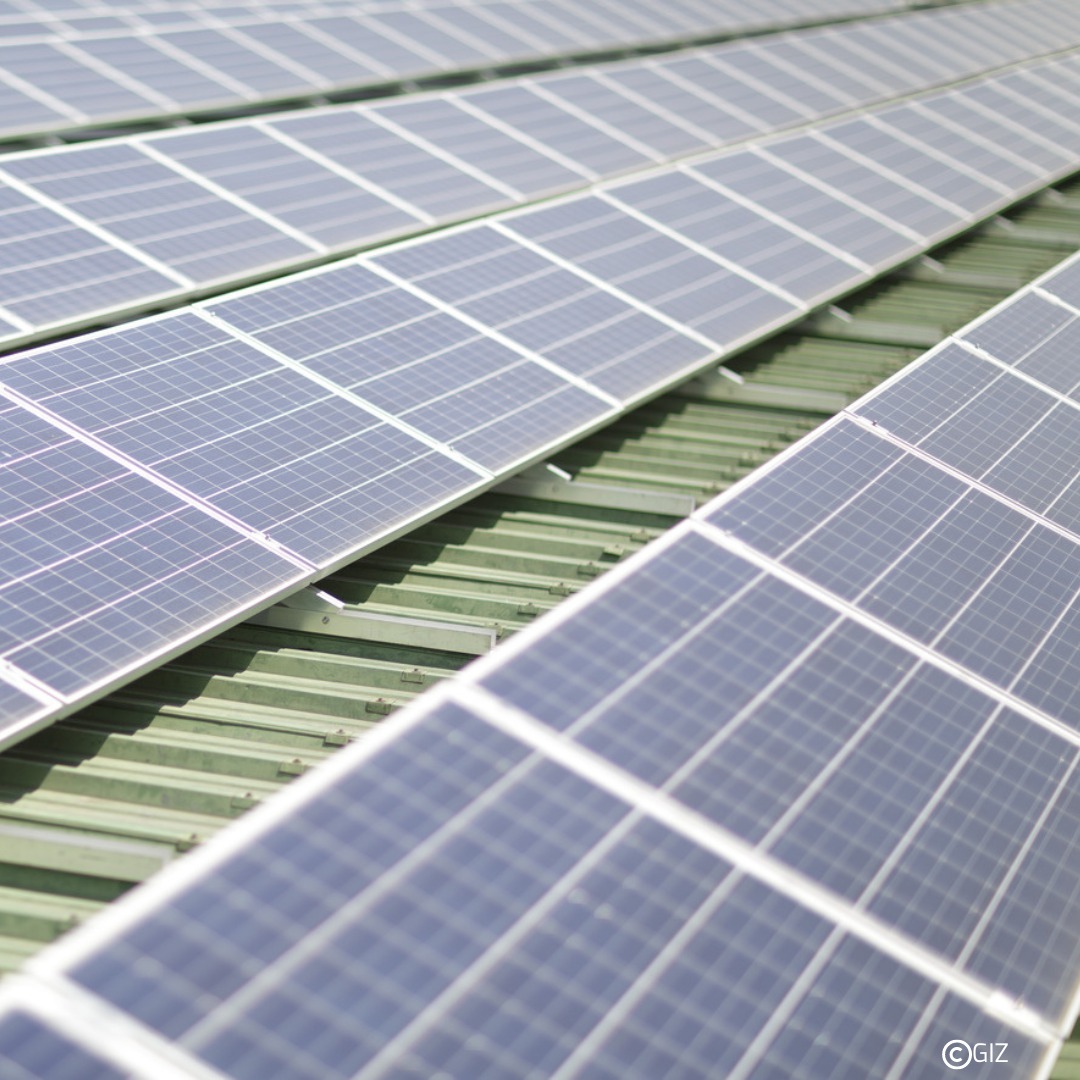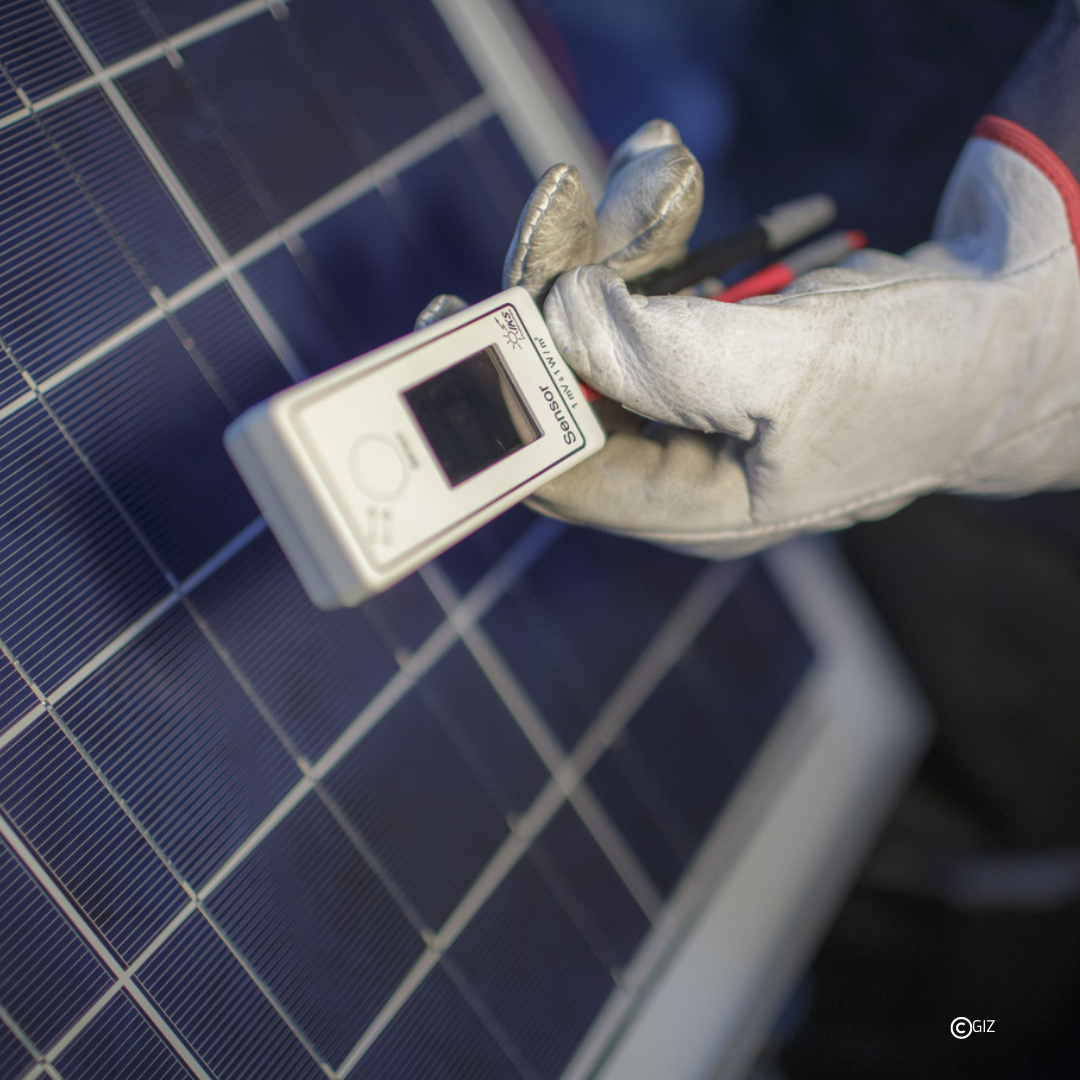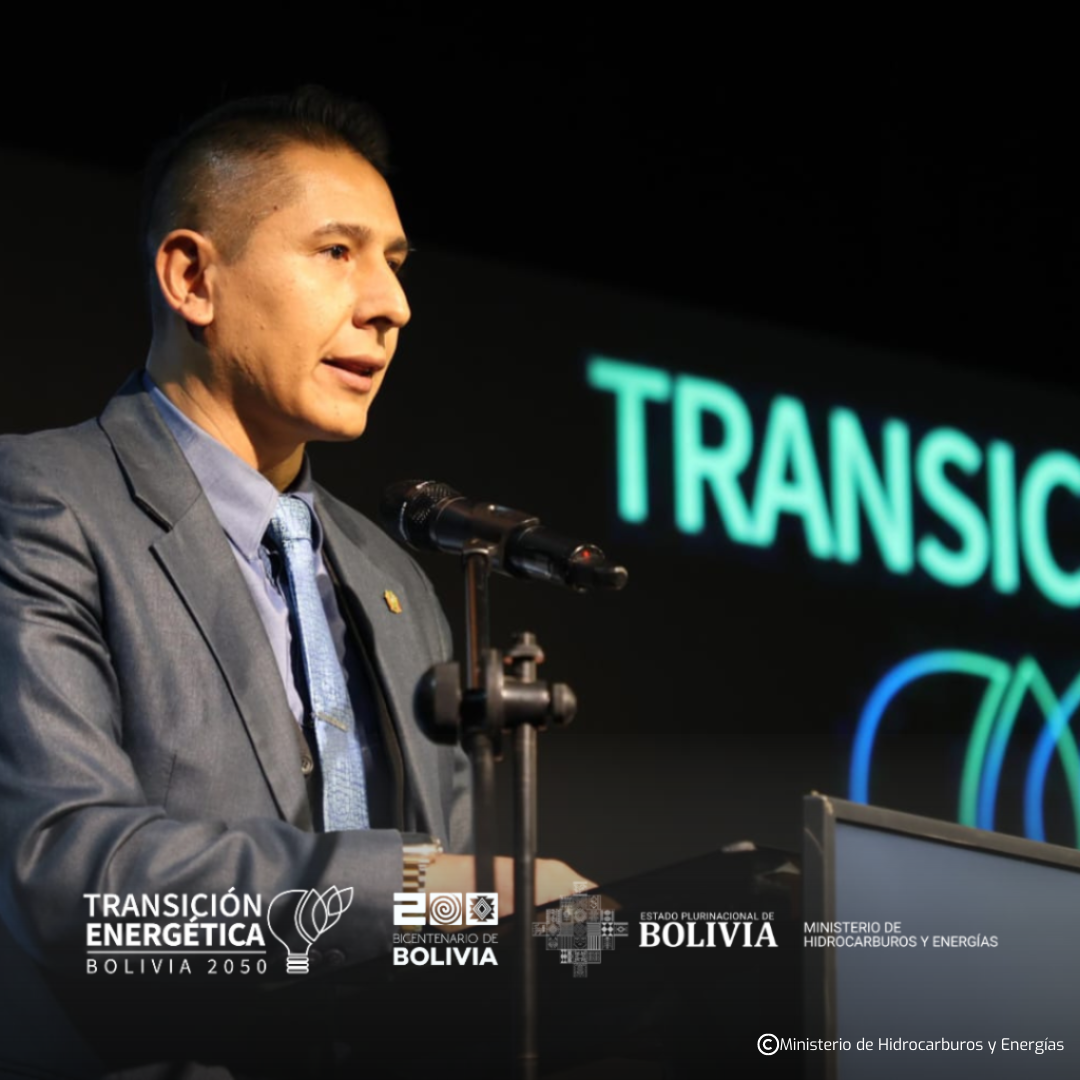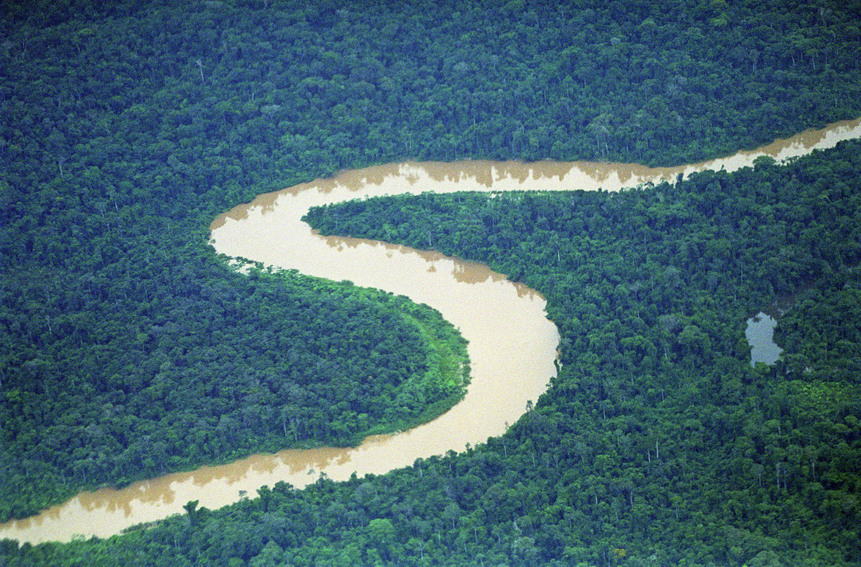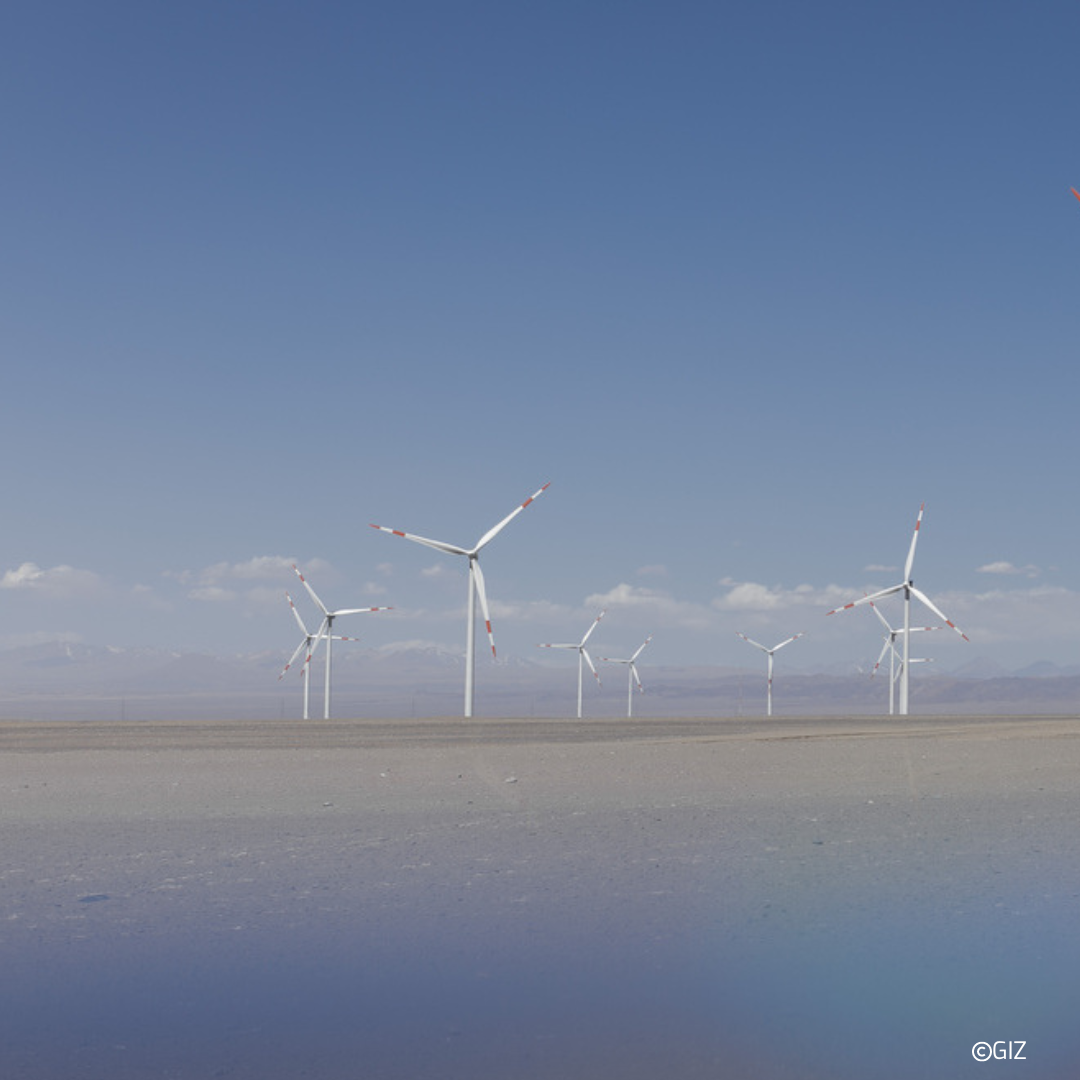Within the framework of the official visit of the Director General of International Cooperation of the European Union to the country, an agreement was signed to establish an international certification for the incipient industry.
The European Union and Chile strengthen their cooperation with a strategic alliance for the development of green hydrogen in Latin America and the Caribbean
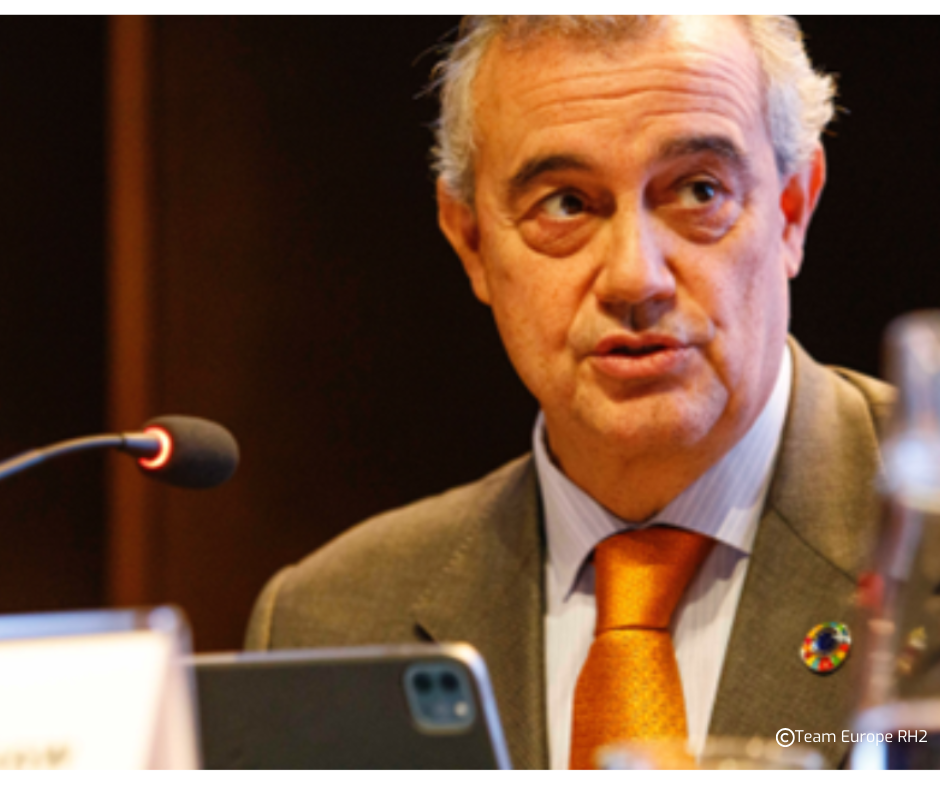
The Director General for International Cooperation of the European Union for Latin America and the Caribbean, Felix Fernandez-Shaw, paid an official visit to Chile with the aim of deepening bilateral cooperation between both parties in key areas such as energy transition, digitalization and sustainable management of natural resources in the framework of the Global Gateway Investment Agenda.
In this context, three collaboration agreements were signed, among which is the initiative aimed at analyzing the feasibility and establishment of an international certification for green hydrogen projects in Latin America and the Caribbean. This project, led by the Chilean Agency for International Development Cooperation (AGCID) in collaboration with the Latin American Energy Organization (OLADE), aims to ensure the production of renewable hydrogen under the highest international standards.
The initiative includes a comprehensive analysis of existing regulations in countries such as Chile, Argentina, Colombia and Panama, and includes the development of a roadmap to strengthen the region’s capacity to produce and commercialize green hydrogen, in line with the fulfillment of the Sustainable Development Goals (SDGs) of the 2030 Agenda.
During Felix Fernandez-Shaw’s stay, a meeting of the steering committee of the TEI RH2 Project, which underlines the joint commitment between the European Union and Latin America to foster the transition to decarbonized economies, was also held.
In addition, the Director General participated in the launching of the Salt Flat Monitoring project, based on the European satellite program Copernicus EU-LAC, and other related activities, located in the country’s capital. This center, co-financed by the European Union and the University of Chile, plays a key role in the processing and distribution of satellite data for the region.
Source: Team Europe RH2
¡Suscríbete a H2LAC Review!
Recibe nuestro newsletter mensual y sé el primero en recibir información actualizada sobre el desarrollo del hidrógeno verde en la región.
Noticias relacionadas
